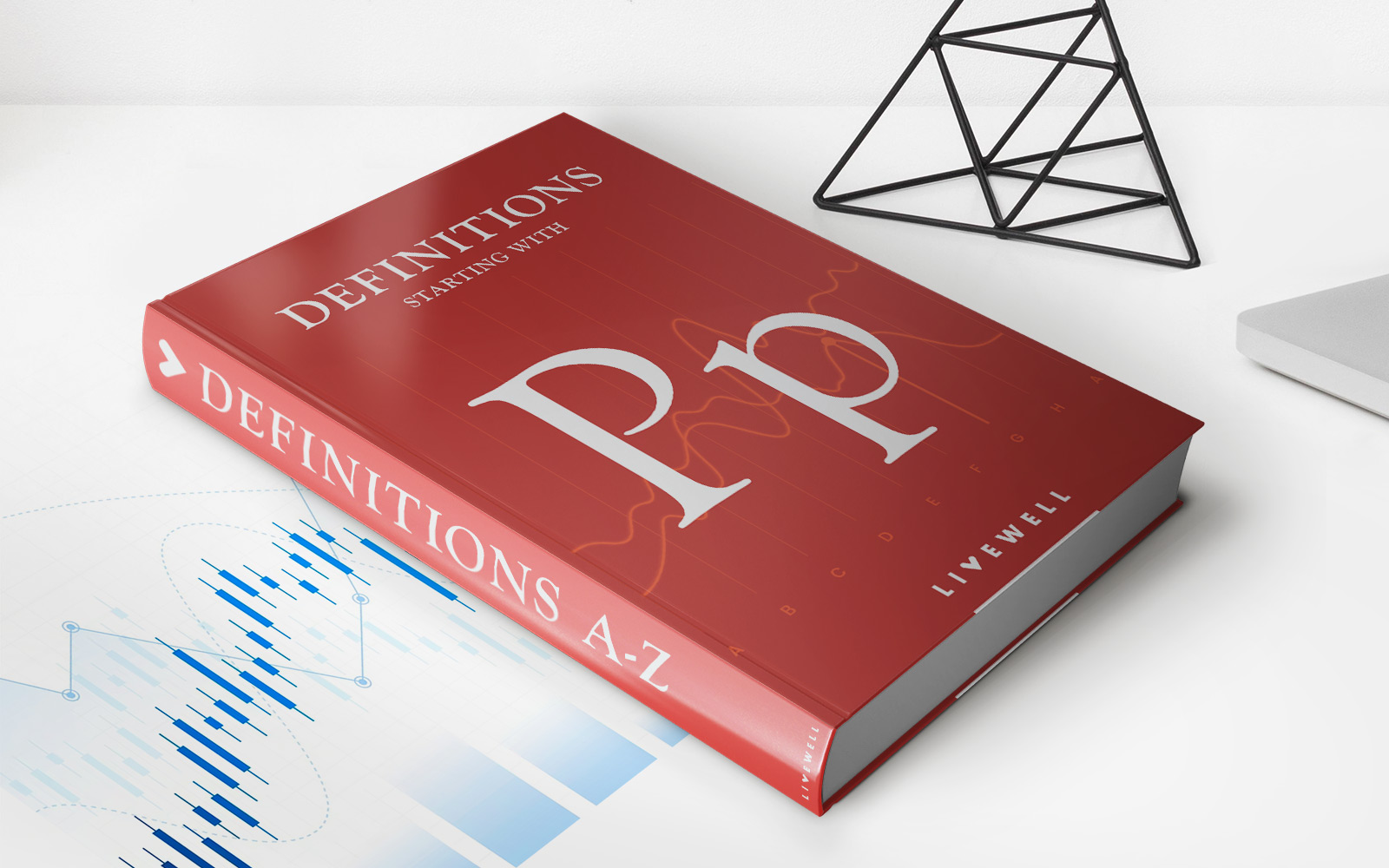

Finance
Consumer Interest Definition
Published: November 1, 2023
Learn about consumer interest in finance and understand its significance in financial decision-making. Explore different aspects of consumer interest and how it impacts the economy.
(Many of the links in this article redirect to a specific reviewed product. Your purchase of these products through affiliate links helps to generate commission for LiveWell, at no extra cost. Learn more)
Understanding Consumer Interest: A Key Element in Personal Finance
As we navigate the world of personal finance, it’s important to have a solid understanding of various concepts and terms that impact our financial well-being. One such concept is consumer interest. But what exactly does it mean and how does it affect our financial decisions? In this blog post, we’ll delve into consumer interest, its definition, and its significance in the realm of finance. So, let’s dig in!
Key Takeaways:
- Consumer interest refers to the cost incurred by individuals or households when borrowing money or using credit.
- This concept plays a crucial role in determining the overall cost of loan repayments and credit card balances.
What is Consumer Interest?
Consumer interest, often referred to as the annual percentage rate (APR), is the cost incurred by individuals or households when borrowing money or using credit. Whenever you take out a loan or make a purchase on credit, the lender charges you an interest rate for the privilege of borrowing their money.
Interest is essentially the price you pay for the convenience of using someone else’s funds. It is calculated as a percentage of the principal (the original amount borrowed) and is applied over a specific period of time, typically a year. This interest rate, combined with the length of time the funds are borrowed for, determines the overall cost of the loan or credit.
Consumer interest can take various forms, such as mortgage rates, credit card interest rates, or personal loan interest rates. Understanding the interest associated with your debt is crucial for making informed financial decisions and managing your money effectively.
Significance of Consumer Interest in Personal Finance
Consumer interest plays a significant role in personal finance for a variety of reasons. Let’s explore a couple of key takeaways that highlight its importance:
- The overall cost of debt: Consumer interest impacts the total cost you pay when repaying a loan or maintaining a credit card balance. A higher interest rate means paying more money in interest over time. By understanding the interest rates associated with your debts, you can make informed decisions to minimize your overall interest payments and effectively manage your debt.
- Financial planning and budgeting: Consumer interest directly affects your monthly budget. The interest payments on loans and credit cards eat into your disposable income. By accounting for these interest costs, you can accurately plan and budget for your expenses.
By staying informed about consumer interest rates, you can make smarter financial choices, whether it’s opting for loans with lower interest rates, paying off high-interest credit card balances first, or simply understanding the true cost of borrowing. Taking control of your finances and incorporating consumer interest into your decision-making process empowers you to become financially responsible and work towards your short and long-term financial goals.
Conclusion
Consumer interest is a fundamental concept in personal finance that directly impacts the cost of borrowing money or using credit. By understanding consumer interest rates and factoring them into your financial decisions, you can effectively manage your debt and budget your expenses. So, take the time to educate yourself about the interest associated with your loans and credit cards, and start making informed choices that align with your financial well-being.














